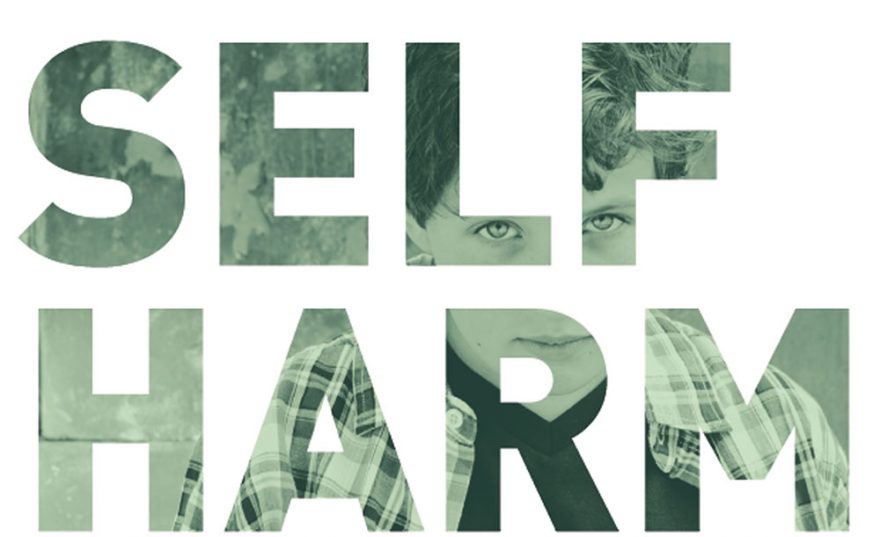Though it is not always openly discussed, the impact self-harm has on the individual and their family, can be very distressing. For someone to recover from ‘rock-bottom’ requires support, with family being an obvious source. It makes sense that the pillars of this support system, parents in most cases, feel equipped to support their child in recovering from such an experience. Saying this, there is little research on parents’ perspective of care following self-harm.
When a young person self-harms, they may receive help from health services, however there isn’t yet a clear evidence-based intervention. Current research suggests that to reduce suicidal ideation or self-harm, intensive early treatment may be helpful with a focus on family interaction. So, parental and non-familial support is vital.
Did you know that at least 10% of adolescents, mostly females, have self-harmed?
In a qualitative research study by Anne Stewart et al., published in CAMH, 37 parents of young people who had self-harmed, were interviewed about their experience of treatment and support. These parents had a variety of opinions, but some revealed that they felt unprepared when it came to caring for their child following the incident and would have welcomed further support. The three main areas that parents flagged up included; the clinician’s attitude, the practical aspects of help and the need for parent involvement in treatment.
Clinicians’ Attitude
With self-harm being sensitive territory, parents felt that for their child to recover, professionals needed to have the right approach and attitude, ensuring they are non-judgemental. Parents felt that it would be daunting for a young person to have experienced such distress and then to sit in front of a judgemental professional. Therefore, for parents to underline the importance of professional’s attitudes is valid. Some also said that if their child was taken seriously and a bond between the child and professional had been formed, it would have had a more positive impact.
Practical Help
Some parents emphasised the need for easier and quicker access to support or specialist aid and practical strategies to handle self-harm. Considering that repeated self-harm is common within 1-4 weeks following admission to hospital, parents felt that early intensive intervention and improved care could help reduce repeated occurrences.
Parent Involvement
“We may be part of the problem… but actually, if you help me out, I can maybe be part of the solution too,” said one parent. Though some parents felt they were regularly updated and held an informed relationship with the professional, others felt they should have been included more in their child’s treatment and made more aware of the details. They also felt that mental and physical support for themselves (parent groups, written information, forums or speaking to a professional) was imperative, to ensure they were emotionally equipped to continue aiding their child.
The authors highlighted that although this research included the views of a good sample of parents (37), at different stages in the process of managing self-harm experiences from more diverse backgrounds would have provided a wider range of perspectives (only one parent was from a non-white British background).
This study offers a valuable insight into how the parents of young people who self-harm think about how the care could improve to ensure that young people are receiving the best help, not only from the healthcare system, but also from their family. Staff training in interventions needs to consider how best to involve parents. In addition to this, public health services should make written information related to self-harm more widely available, for both young people and their parents
- Intensive early intervention can increase parents’ confidence.
- Practical approaches, including written information, are beneficial
- Services should understand the valuable role parents play.
- Parents may lack confidence when trying to manage a child who self-harms.
Stewart, A., Hughes, N. D., Simkin, S., Locock, L., Ferrey, A., Kapur, N., Gunnell, D. and Hawton, K. (2016), Navigating an unfamiliar world: how parents of young people who self-harm experience support and treatment. Child Adolesc Ment Health. doi:10.1111/camh.12205
